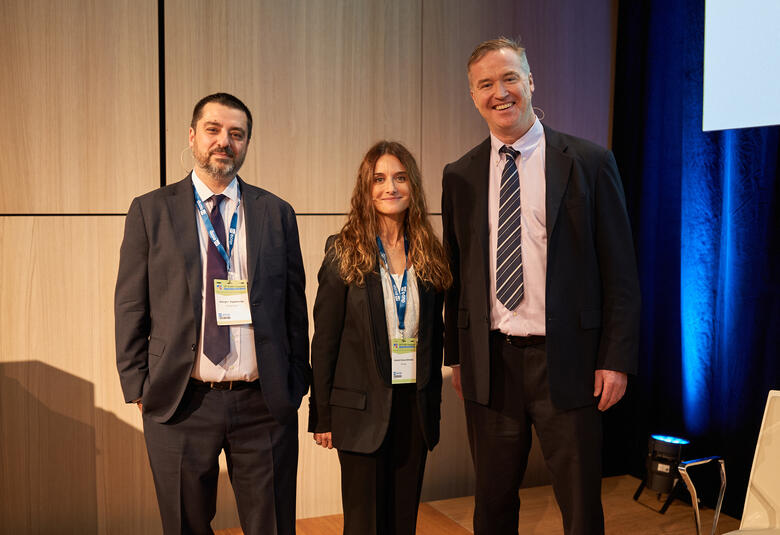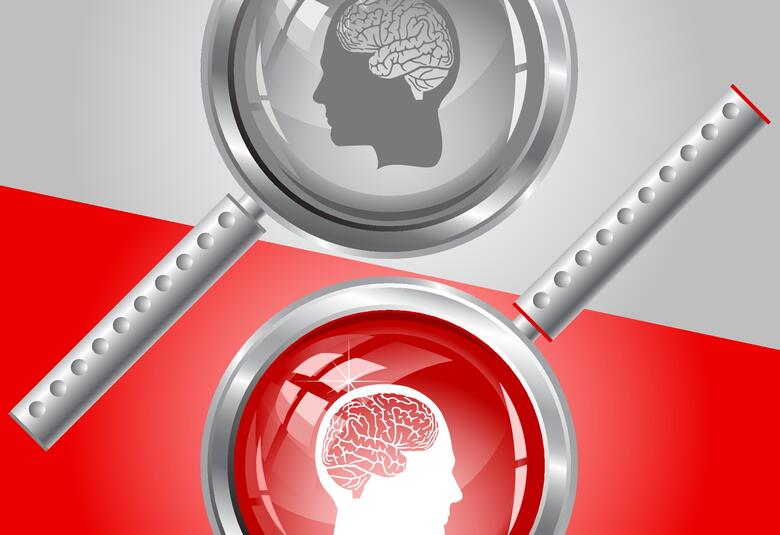Hope, progress, employment, housing support and the essential role of carers and family, were key themes underlying presentations given at the EPA 2016 session on Psychosocial Rehabilitation and Mental Health.
Back to work
Robert Drake, Professor of Psychiatry at the Dartmouth Research Centre described the Individual Placement and Support (IPS) programme for encouraging employment - an effective ‘place and train’ model that helps people with severe mental illness achieve competitive employment. This simple model has been developed over 25 years and offers an individualised and dynamic intervention. It is easy to implement and has been adopted in a number of countries worldwide.
IPS supported employment involves a team approach, integrating mental health and vocational services. The patient is involved with choosing the time and type of employment - one size doesn’t fit all. The job search is rapid – typically patients begin work within a month.
In a number of randomized controlled trials, IPS has been shown to be beneficial in terms of employment and non-employment outcomes. Patients’ self-esteem and quality of life improve, as well as control of negative symptoms.
An important question is, once employed, can people keep that job? It appears that once patients are headed on a positive trajectory of work and the satisfaction and purpose it brings – they keep going. The benefits increase the longer they work.
Matching the patient with the right job
A story that stood out was of a young man with schizophrenia, with no high school education, whose life was changed by starting work. He did not have a complete response to treatment and still suffered from hallucinations and paranoia – he was not keen to be around people.
With the help of an employment specialist, he began a job washing dogs at a veterinary clinic, one weekend a month. Over time, he started full-time work, and it became the centre of his vocational and social life. This is an example of matching the patient with the right job for them, and training them as they go.
Deinstitutionalisation and rehabilitation
Deinstitutionalisation and the goal of greater autonomy were emphasised by Helen Killaspy, Professor of Rehabilitation Psychiatry at University College London. She described the local mental health rehabilitation care pathway – from referral, to rehabilitation units, to integration into community-based services.
We need to engage people again in life. Therapeutic optimism of a multidisciplinary team drives a lot of this work. Staff need to counteract a sense of hopelessness, and engage with the patients for the long-term goal. High energy but calm staff are valuable.
Rehabilitation services in UK towns have been shown to be effective. With the comprehensive rehabilitation care pathway, around two-thirds of people can achieve and maintain successful discharge. Patients with long-term and more complex problems still need longer-term, highly supported facilities.
What happens when there is no local mental health rehabilitation?
Patients get stuck in acute admission wards and there is a silting of the system. It is more expensive in the long-term. Patients may be placed in facilities far from home and family, and there may be a lack of rehabilitation ethos.
Benchmarking Quality
Dr Killaspy has been involved in developing a quality assessment toolkit for rehab centres – the Quality Indicator for Rehabilitative Care (QuIRC). This is an international quality assessment tool for longer term mental health units. Ten countries at different stages of deinstitutionalisation participated in the iterative development of this tool. Seven domains of care are assessed: the living and therapeutic environments, treatments and interventions, self-management and autonomy, social interface, human rights and recovery-based practice. The QuIRC represents the first measure of this type. It has potential as a research tool and as an international quality benchmark.
Home is where the heart is
Thomas Becker, Head of the Department of Psychiatry at Ulm University, Germany, shared a few different models of supported housing for patients on the road to recovery. He also highlighted the striking field of art therapy in mental health recovery. Sustained participation in art and music therapy has been shown to have benefits in patient well-being, anxiety, function and negative symptoms.
Families answer the call of duty
Bert Johnson, President of EUFAMI – the European Federation of Associations of Families of People with Mental Illness – reminded the audience how families help patients achieve quality of life.
Families play an indispensable role in diagnosis, treatment, care, rehabilitation and recovery. They are often the ones making sure the patient takes their medication. They take on this demanding, responsible role even though they did not choose it, and may be unprepared and untrained.
Families are a critical link in the chain - they are full partners in patient care and are the psychiatrist’s ally.



